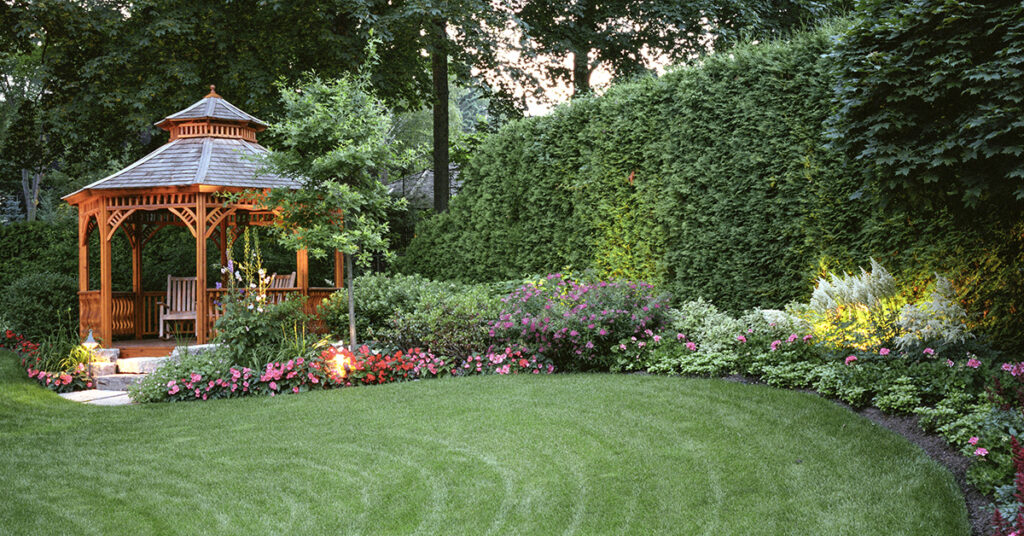By, the Old Guy with the Pony Tail
Thatching your lawn is a very effective way to rejuvenate an older lawn or help to establish a new lawn. However, an understanding of the benefits and potential problems created by thatching are important to insure a positive result. In this article, we’ll breakdown our best tips.
First, what is thatch and how does it impact an effective lawn care program? There is a misconception that thatch is merely a buildup of dead grass from the mowing process. In reality, the major cause of thatch build up is typically dead and decaying root created by the normal growth process of the grass. A certain amount of thatch, ¼” or less, is actually beneficial to your lawn. It serves as an insulation which minimizes soil moisture evaporation and also a weed barrier which helps to prevent weed development.
Grass
Grass is constantly developing new roots and replacing old dead roots. Bluegrass is a major culprit of this process since it spreads through the development of underground rhizomes, or rootstocks. Other cool season grass species such as tall fescue and perennial ryegrass are clump grasses which spread by developing above ground vertical shoots, or tillers. These tillers do not add to the thatch zone as much as rhizomes
As thatch develops beyond a beneficial depth, it begins to suffocate the soil below it. Water, nutrients and oxygen cannot as readily enter the soil. Insects and disease can be harbored in the thatch layer.
Thatching
(or dethatching) is the removal of material by mechanical means from the thatch layer to improve turf quality. A thatching machine has rotary blades that cut into the thatch layer, leaving the thatch on the surface for removal.
Because effective thatching can be very aggressive, it should only be done when the lawn is actively growing so it can repair itself. Since thatching opens up the turf and exposes bare soil, it is best accomplished in the fall rather than spring so as not to stimulate weed and crabgrass germination. Spring thatching can also increase the potential for summer draught stress by removing soil insulation and increasing the potential for soil moisture evaporation.
Thatching is also an ideal way to improve seed-soil contact when overseeding an existing lawn or establishing a new lawn.
As a leading lawn care provider in Mendham, Chester, and Annandale, Mendham Garden Center offers a wide range of services to help you achieve your lawn care goals. Whether you need insect control, lawn thatching, or any other lawn care services, we have the expertise and tools to get the job done right. Don’t hesitate to contact us today at:
973.543.4178 for Mendham
908.879.5020 for Chester
908.730.9008 for Annandale.
Let us help you create the perfect outdoor space you’ve always dreamed of!


Leave a Reply